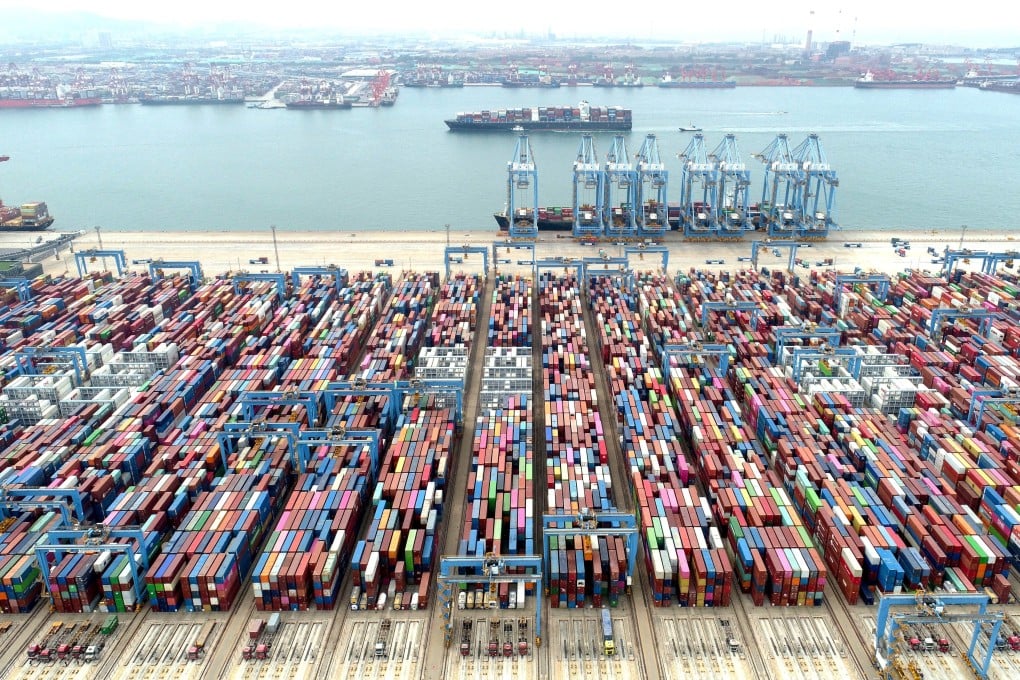Could Chinese demand soften the blow of a US recession on Hong Kong, South Korea and Singapore?
- Analysts say even a marginal acceleration of Chinese demand could cushion the growth drag on Asia from slower shipments from the US
- But risks lie ahead for China’s economy, including from resurgent coronavirus outbreaks and the country’s rigid stance towards containing them

Record-high inflation, aggressive rate hikes and stock market chaos have stoked concern that the US economy could slip into recession, causing a growth slump in other parts of the world.
In Asia, eyes are also fixed on China, with some wondering whether the world’s No 2 economy will be able to act as a buffer against a potential contraction in the United States.
While numerous headwinds remain, the easing of coronavirus restrictions after months of lockdowns in major cities like Shanghai, coupled with new stimulus measures, have buoyed hopes among some analysts that the worst might be over.
Even a marginal acceleration of Chinese demand should go a long way to cushion the growth drag on Asia
“China is likely past its growth trough and is expected to pick up steam in the coming months,” said Frederic Neumann, HSBC co-head of global research Asia.
